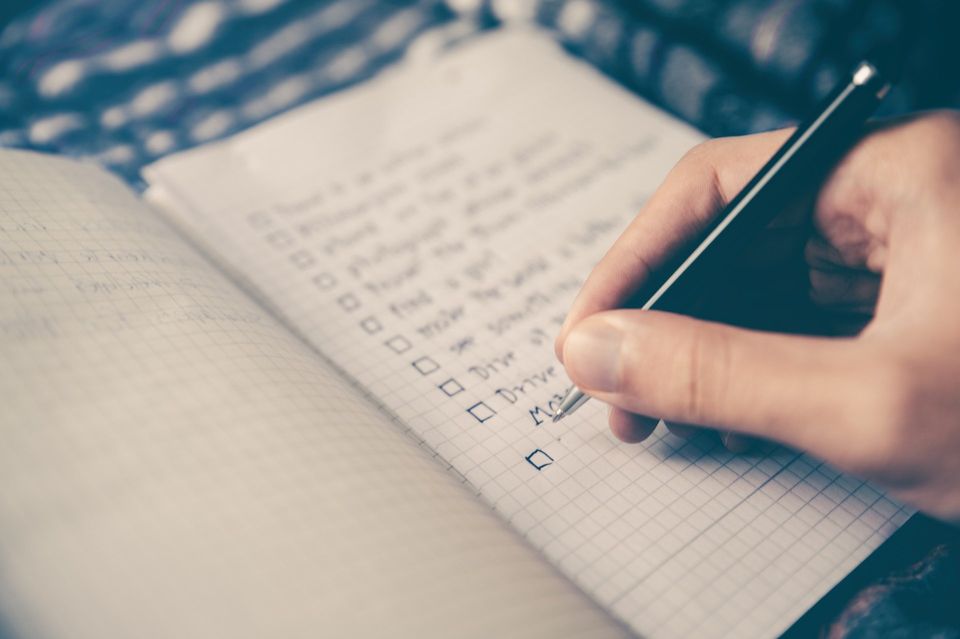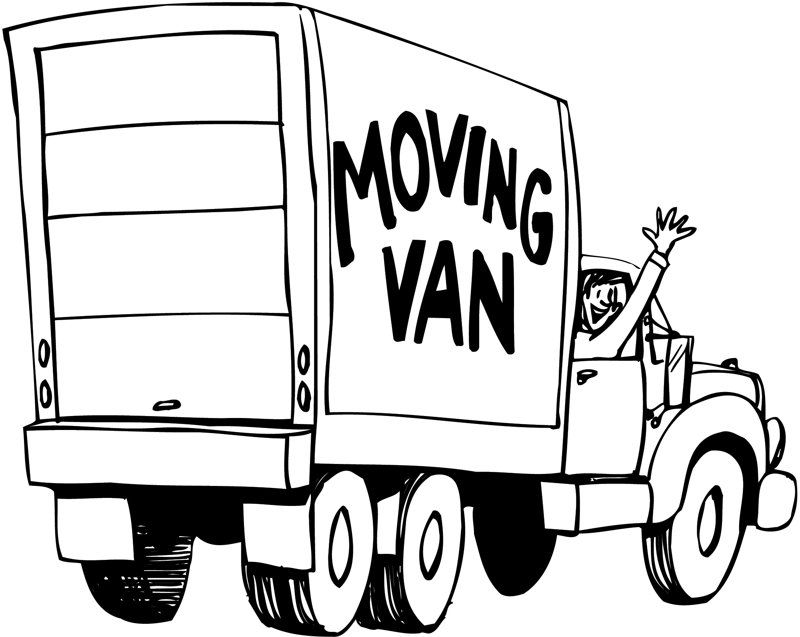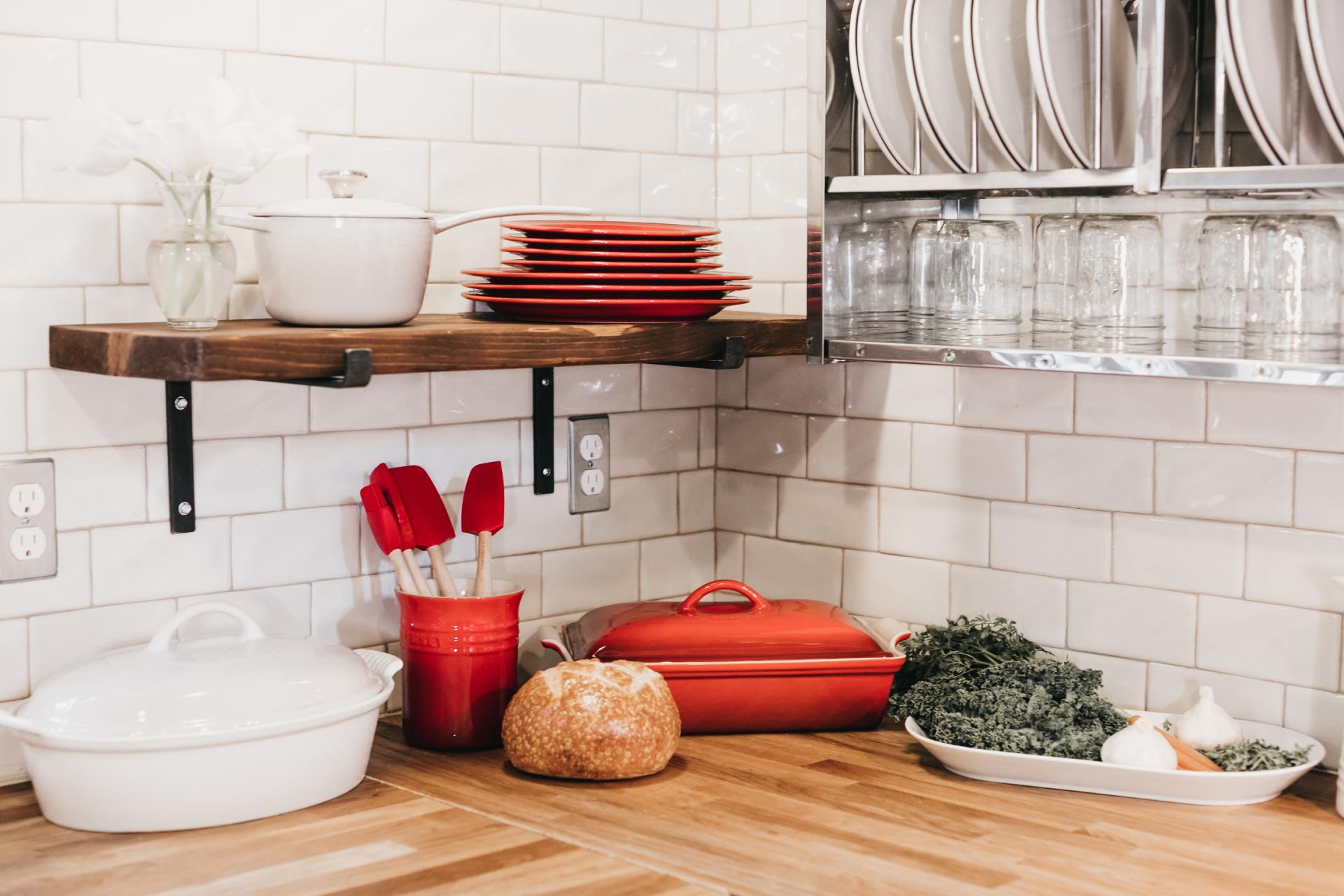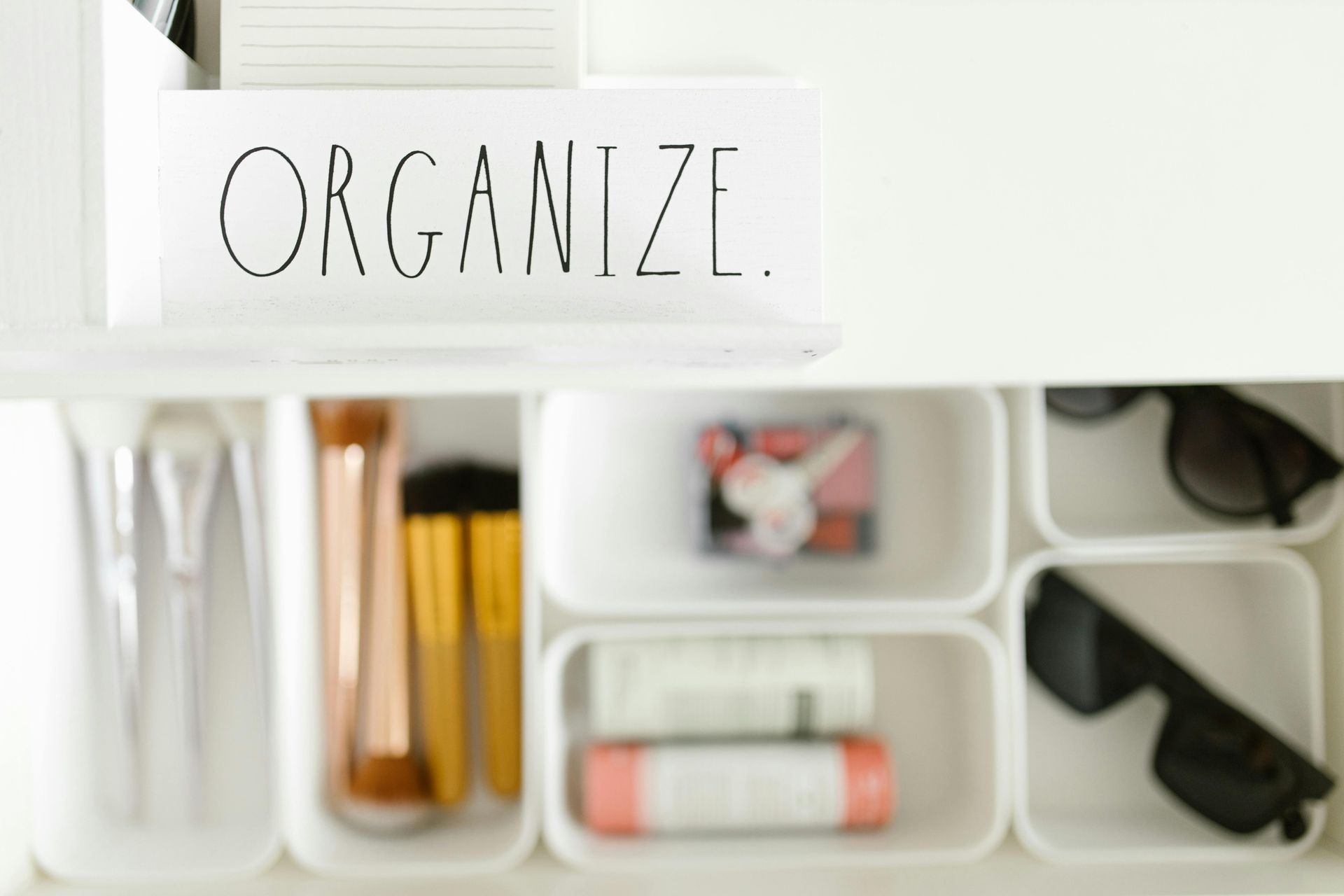Blog Post
Thousand Hills Realty

When you are looking for a rental apartment, there are many factors to consider, and you are committing to use a lot of your time finding what you want and working out the details.
Whether it's your first time renting an apartment or you have been renting a residence for a long time, finding the right one that fits both your lifestyle and budget isn't going to be easy. Before signing a lease, here are the things that you should consider when choosing a rental apartment.
The Price
First, you need to know if you can afford to rent the apartment you have chosen. Before seriously considering renting an apartment that fits your taste, you need to consider your budget. Do some research online to get a sense of the usual rental rates in the neighborhood. If the rates are high and you cannot afford to pay that much for that apartment, then you may need to find other ways to cut back on expenses. It's can also be a good idea to find roommates to help cover the monthly rent.
Keep in mind also that if an apartment's rent is unusually low, compared to other rentals in the area, then you might discover it's a big red flag. It is probably too good to be true. Be sure to know about the rental market before looking at apartments and negotiating the price.
The Quality
Don't just rely on those beautiful pictures of available apartments online. Before renting an apartment, you should arrange with the landlord to see the place in person. Keep in mind that you need to see the actual unit to find out what defects it has, such as broken blinds or scratches on the wall that need to be fixed by your landlord. If you find more serious problems, it can be an indication that the apartment hasn't been adequately taken care of.
As you inspect the apartment, look for health and safety issues. These could be rodents, leaky faucets, water damage, lead paint, asbestos, dirty air filters, mold, rust, broken windows, electrical problems, and heat and conditioning systems that might not be in good running condition.
The Landlord
Your landlord can make or break your dream of renting an apartment. Depending on the landlord, you may end up in a rental nightmare (or worse – a courtroom). To prevent this from happening, try meeting the landlord first. Talk in person, or at the very least, have a conversation over the phone. If you are going to move into an apartment with roommates already living there, talk to them about it and be sure to learn about their overall experiences with the landlord.
The Neighborhood
Before signing a contract, walk around the neighborhood and get a feeling for being a part of the community. You'll get the chance to assess the demographics of the neighborhood by spending time out and about. Try to also research and find out about the area's safety and security situation. To do this, try checking various websites, such as moving.com's city profile reports, the National Sex Offender Public Website, Family WatchDog, NeighborhoodScout, Crime Reports, and SpotCrime.
In addition to knowing the safety, security, and demographics of the neighborhood, check if the community has specific rules. If you are going to move into a location with an HOA, you'll need to have a clear understanding of their practices before signing a lease. It is also good to look at the parking regulations for the area.
The Lease
Before signing the lease agreement, it is highly recommended for every renter to have a lawyer or person they trust, look over the lease to make sure it's a standard and legitimate lease, with no surprises. Read over the contract to make sure it suits your needs as well. For example, if you plan to sublet your apartment in the future, does the lease agreement allow you to do this? Be sure to also check, whether the lease is a 6-month, one year or month-to-month type of lease. Make sure to know the due date for rent each month and if there is a grace period. Find out the parking rules, and make sure that your deposit is refundable.
The Pet Policy
If you have pets, make sure to confirm your landlord's pet policy in the lease. This small detail is significant, as most renters consider their pets as a part of their family. If the landlord charges a pet deposit, find out if it's refundable. Know what kinds of pets are allowed and see the limitations on owning a pet. For example, if you live in an apartment or condo building, you may be entitled to have a dog or pet, but only up to 20 pounds.
The Utility Costs
In addition to your monthly rent obligation, you'll most likely have to pay various monthly utility bills. These monthly bills include water, gas, electricity, heat and air conditioning, sewer, garbage, internet, and telephone – among others. Your contract should clearly state what utilities you are responsible for covering.
The Amenities
When you are looking for a rental apartment, find out the amenities. If you're renting in an apartment building, make sure that the facilities fit your lifestyle. For example, does the building have an elevator or a gym? Does the apartment have a dishwasher, fridge, washer/dryer? Depending what amenities are available, you have to make a few compromises, such as walking to a gym or going to the laundromat. Whatever the agreement terms, be sure to know your exact situation before signing a lease.
Once you know all of these things to consider when choosing a rental apartment, you will be ready to sign the lease. Rest assured that you can move to a new apartment smoothly.
Show More




